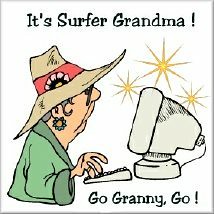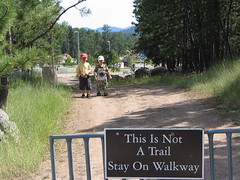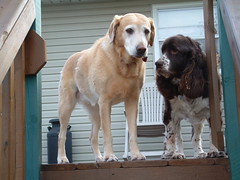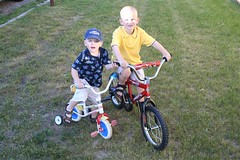Making a Vision is the topic of the MEMO Summer Leadership Conference. We’re at the Earle Brown Heritage Center in Brooklyn Center MN. The speaker is Martha Alewine, from School Library Media Services, South Carolina Department of Education. The wireless in the center is very erratic, so I haven’t tried blogging live. Attendance is lower this year than last. I suspect that school media centers are demonstrating the same reluctance in planning that I’ve recently seen in public libraries. What a shame – visioning is exciting and the planning the follows is the first step to better programs.
A few interesting points from Day 1. (Martha continues tomorrow)
- Opening quote: Vision without action is a dream. Action without vision is just passing the time. Vision with action can change the world.
- Identified stakeholders of the school library media center. Perception is reality. How do your stakeholders perceive you? Do they know enough about the media center to have a perception? Martha recommends a weekly update to the principal of media center activities.
- Identified characteristics of a good leader. Knowing what hoops to jump through. “Pick the hill on which you’re willing to die.”
- Recommended book Good to Great – Jim Collins.
- Media specialists may not be reading from the front, but leading from the middle. Between the administration and faculty and students.
- Led us through beginning of visioning process. SOCS matrix. Identifying Strengths, Opportunities, Challenges, and Strategies.
- In groups, identified 5 main strengths through “Appreciative Inquiry”. (no whining, seeing the positive).
- Identified 5 opportunities.
- Using the strengths and opportunities, develop one goal.
- The goal for every group was some variation of — to ensure that every student was taught by a certified media specialist and that students achieved appreciation of reading, information literacy, & information technology standards.
This sounds like something that we can/should take to the legislature – a unified voice from the school libraries.







